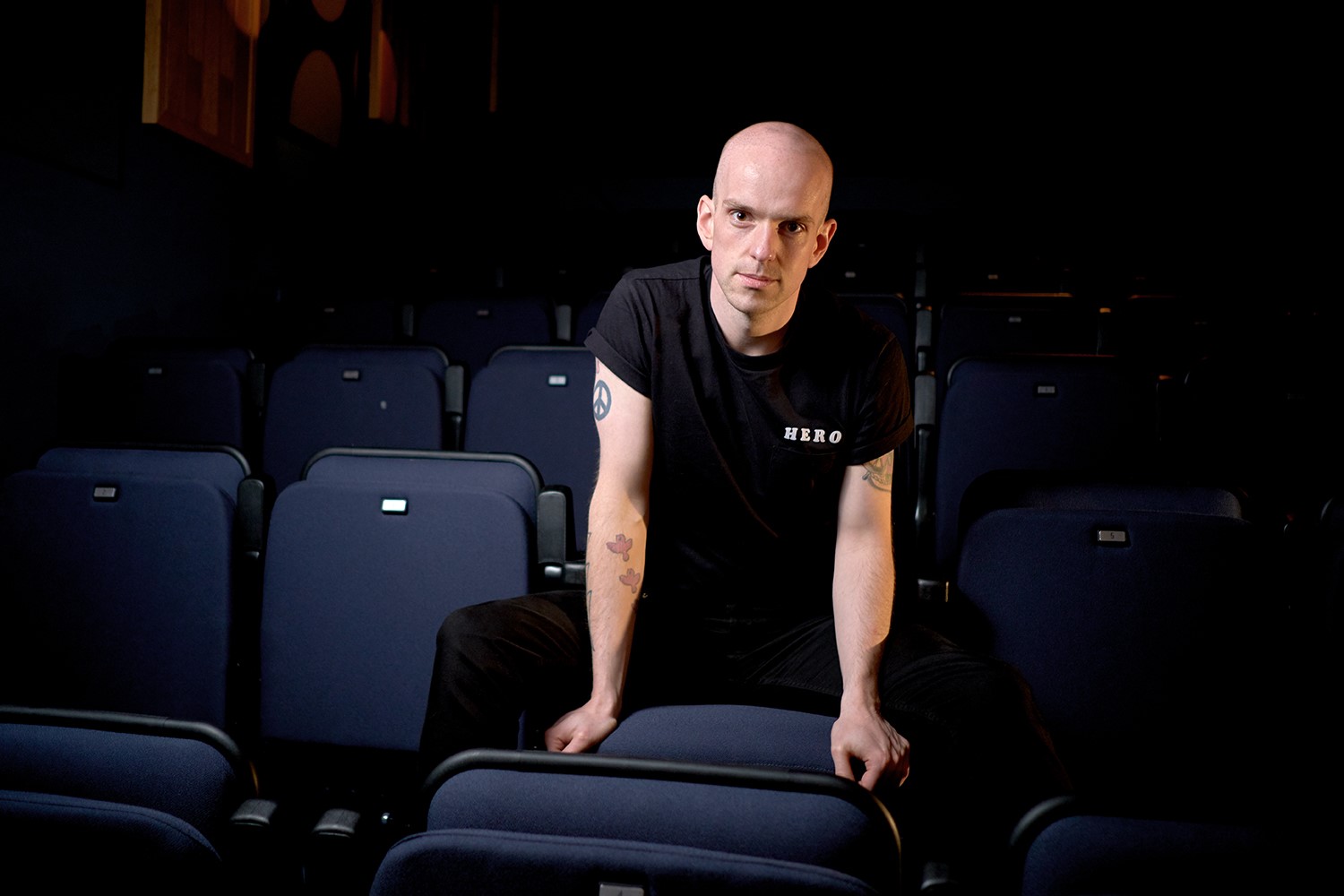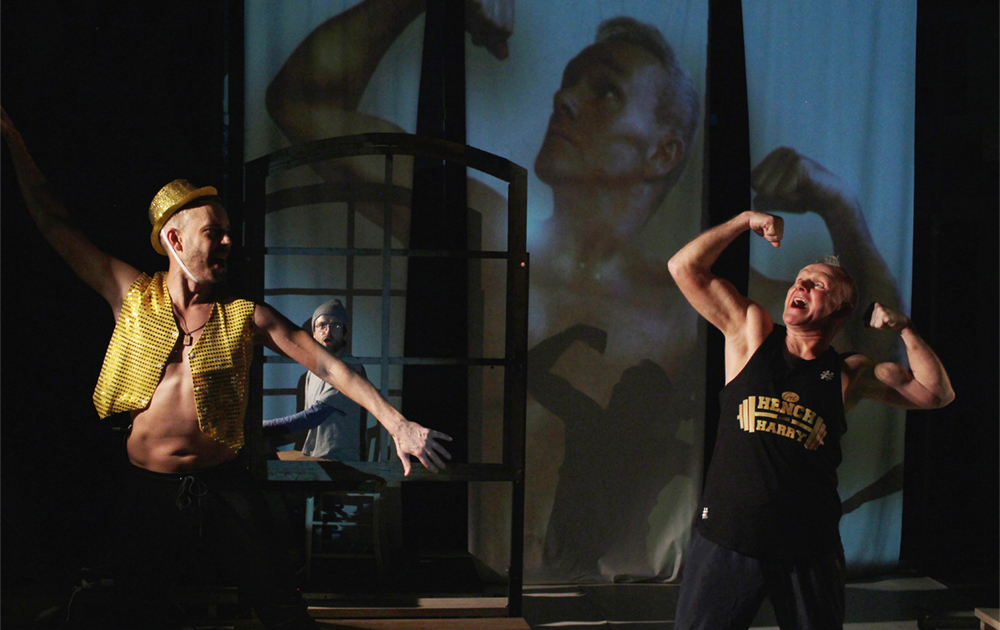“It’s the culmination of the trilogy, each of which I think looks at the idea of ‘monster’ and what that means in contemporary society.”
The award-winning poet Andrew McMillan is telling me about his play Dorian, written for Huddersfield-based Proper Job Theatre Company. As he says, it’s the third in a series, the first instalment of which was penned by his father, the poet Ian McMillan. Dad’s take was on Nosferatu while the second was a re-imagining of Frankenstein by poet Helen Mort. McMillan’s exploration of Oscar Wilde’s The Picture Dorian Gray will complete the monster collection and delve into how Wilde’s stark observations of his society resonate with our current gym culture and unachievable pursuit of perfection.
‘It [The Picture of Dorian Gray] was, as it is for a lot of people I think, a story I knew well without having read the novel for a long, long time. I read it through several times, trying to inhabit it, and trying to reposition it so it might have more relevance for the current time. No, that’s not quite right – I wanted to bring out the things in the novel which are so relevant they could have been written last month. Find those, and bring them back up to the light.”
So far, McMillan is known for his poetry – he weaves his roots and colloquialisms into verse. It seems apt for Proper Job to approach a writer who knows how to pitch a northern tone to poetic laments. Unlike Wilde’s text, McMillan’s character of Dorian doesn’t sell his soul to remain as pretty as a picture. Rather, he endeavours to bulk up his masculinity and taper himself into an intangible Adonis ideal with a personal trainer.
The manipulation of the male physique is familiar territory for McMillan. His debut poetry collection, Physical (the first poetry collection to win The Guardian First Book Award), is an ode to man. The collection is a landscaping of the male form and a tortuous hike into masculinity. Muscle motif continues with Dorian, his first play, when things start to unravel as Dorian becomes addicted to the gym and gradually less aware of the changes to his body.
So, where does McMillan think the monsters are that prey on the self? “Capitalism, as a monster, will always seep into every movement, every new idea, every new thought, and seek to monetise it. It’s just the nature of the beast.”
He adds: “The ideal body image is always controlled by fashions and so when I was younger there was a very thin, emaciated ideal, particularly in fashion magazines. And then this shifted into a muscled ideal which began to be more prevalent in films and in magazines. It’s not necessarily that one sees them as an ideal, but they seep into your subconscious, almost by osmosis, and become a standard which you can try, but will always fail, to achieve.”
 It’s difficult to know what we truly want and impossible to know what we need if, as McMillan asserts, we absorb ideals according to trends. I agree with him. We will never be able to rest in the knowledge that we are at our best. This idea speaks directly to me as a playwright; it reminds me of the drafting process.
It’s difficult to know what we truly want and impossible to know what we need if, as McMillan asserts, we absorb ideals according to trends. I agree with him. We will never be able to rest in the knowledge that we are at our best. This idea speaks directly to me as a playwright; it reminds me of the drafting process.
I ask McMillan how play-writing differs from writing poetry.
“The drafting process for a play is so different to a poem because it’s so collaborative, the edits come from the actors, from the directors, from the set designers, from musicians, everyone has a part to play in building a convincing and believable world for the play and so, each time you present a draft, you’re inching closer to the ideal which you’re all striving towards.”
 Anyone who has ever written a commission for the theatre will know the bittersweet process of letting go of the original form. When you feel the rush of a new idea and liberate your imagination to trek the unknown territory, you feel invigorated by the formation of the rough diamond that you mined. Somewhere, hidden away in a document file, or a drawer or an attic is something that your work used to be. And it isn’t pretty.
Anyone who has ever written a commission for the theatre will know the bittersweet process of letting go of the original form. When you feel the rush of a new idea and liberate your imagination to trek the unknown territory, you feel invigorated by the formation of the rough diamond that you mined. Somewhere, hidden away in a document file, or a drawer or an attic is something that your work used to be. And it isn’t pretty.
Main image: Andrew McMillan. Photo credit: Urszula Soltys.
Dorian is touring the UK in Autumn 2019. For more details, click here.




